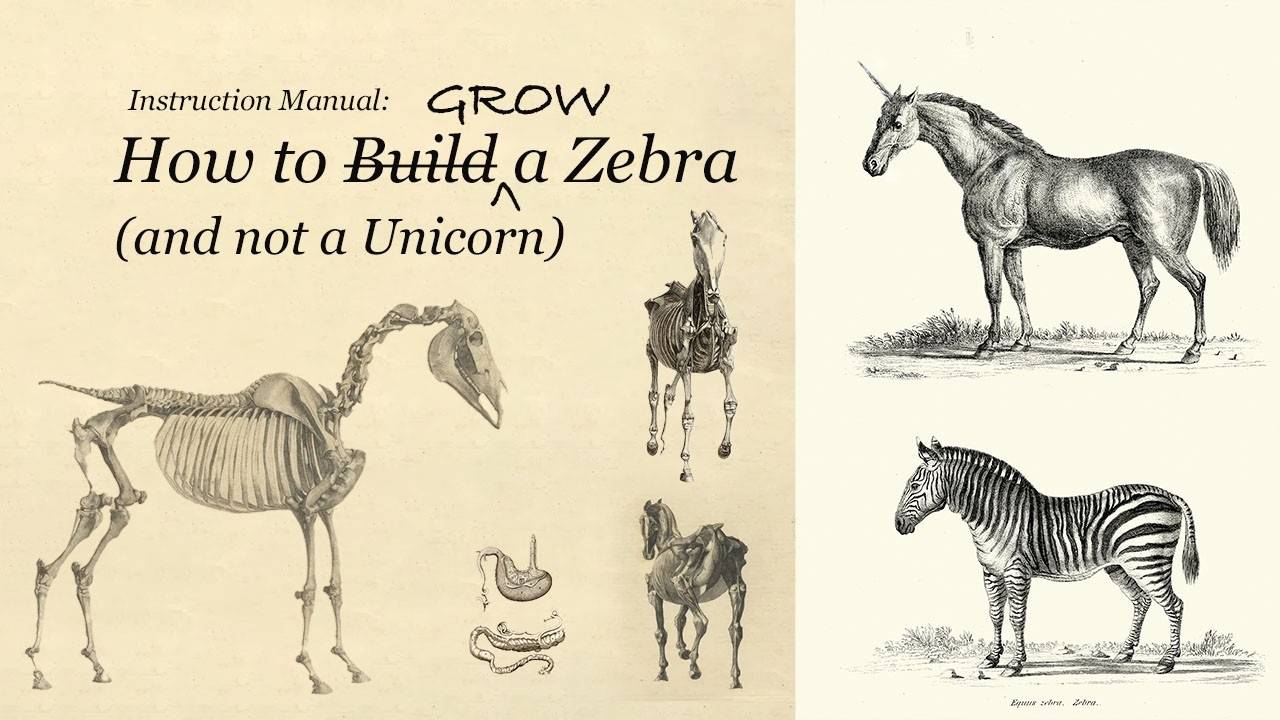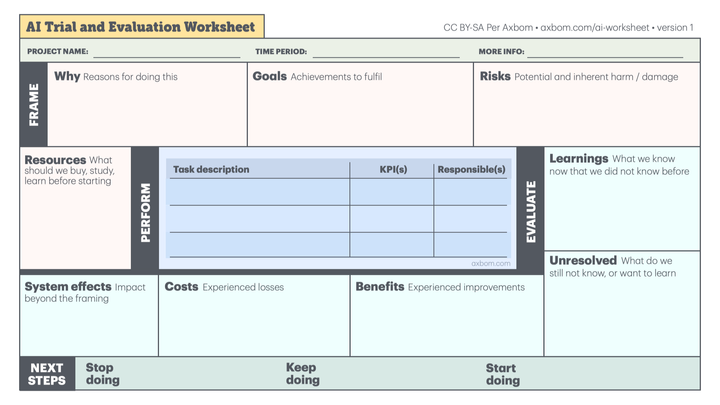Algo-free behavior

This is the first newsletter sent from my self-hosted Ghost installation with absolutely no tracking of clicks and opens. It’s embarassing to admit how long it often takes me to put my money where my mouth is, to actually work in alignment with the responsible innovation I teach.
Sure it can be demanding in time and effort, but to give meaning to my words I need to lead the way and show how it’s possible to reduce dependencies on big tech. And how it’s possible to treat people with more respect by not normalising the abuse of integrity and personal data.
Also, I’m the one who has been making a big deal out of how friction can be a really good thing. And my decisions in recent months are not only helping my wellbeing. My behavior is changing.
When I left Twitter and LinkedIn I posted this message:
You're all special and make me a better person. But the algorithm really, really doesn't.
This sentiment was quickly evidenced by my very next piece.
Leaving bad habits
Just a few hours after leaving I wrote a blog post. This was the first post that I didn’t actively ”push” on my social media platforms. Platforms with significant followings. And algorithms.
In short, that blog post was about a piece of copywriting I came across when leaving the Revue newsletter platform. I found the writing ahistorical and unpleasant.
These were my insights about how this could have previously played out:
- It may not even have been a blog post had I not reduced my options of public writing to my own blog. It could have just been a nasty tweet calling out the inappropriate text.
- My tweet would likely have been picked up by others, retweteeted and sparked more anger and rage over the company's inability to understand how inappropriate the message was.
- I would have felt validated by likes and retweets that it was a good thing for me to call out the ”bad” actor.
The better choice
What happened instead was that I wrote a longer post about the issue, explaining it in more detail and with links to references. The next day I contacted Revue’s customer support with a link to the post, making them aware of my concerns.
Less than 24 hours later I received a thank you note and was told they had now changed the text. This was sent from Revue’s founder. Which he did not declare in the email, I just happen to know his name.
I also updated the blog post with their response, thus providing additional context and a good example of managing mistakes.
Done deal. A civil exchange. No outrage. Appropriate changes were made. Just briefly after leaving Twitter I was making much better choices.
On that note, I'll end on a favorite quote provided by the artifical intelligence Joshua in the 1983 movie WarGames:
A strange game. The only winning move is not to play.
Be kind to yourself,
Per
P.S. As I've mentioned before, I do not judge anyone opting in to big tech and am not on a quest to maneuver people away aginst their wishes. My writing and work is based on my own circumstances and experiences.
What I appreciate is the opportunity to explain my views on impact (personal, social, etc) and different paths possible for a digital society. People deserve autonomy and I do worry too many decisions are unknowingly being made in servitude to tech magnates.
My latest posts
- That Oompa Loompa message on Revue. My reaction to a piece of copywriting and how Revue responded.
- Indieweb and self-hosting my own space. Sharing my journey to becoming more self-sufficient and independent in digital publishing and collaboration.
- How captchas break democracy. A terrible captcha solution making it difficult to vote for many EU citizens. I naively thought we were past this atrocius practice.
- Digital Ethics and Moral Theory Explained. A brief guide to moral philosophy and how digital ethics fits within the branch of applied ethics.
News wrapup
- Gifts for strangers: the ‘ethically ambiguous’ TikTok trend using unknowing people as fodder for content.
- Amazon’s Ring privacy problem is back (not that it really left)
- 'Elon Musk is a Nightmare Client': Brian JM Quinn, a professor at Boston College Law School, says "If I were his lawyer, I’d walk away."
- Uber broke laws, duped police and secretly lobbied governments, leak reveals: With an appearance by Emmanuel Macron, who secretly helped the company in France when he was economy minister.
- When it comes to darker skin, pulse oximeters fall short: Yet another example of how "innovative" medical technology is often designed to primarily help white people.
- Advocates Fear School Surveillance Tools Could Put Teens at Risk
- Europe’s state of mass surveillance: The EU’s top court says mass surveillance is banned. Governments do it anyway.
- Why ‘facial expression recognition’ AI is a total scam. Congratulations researchers, you just found the zillionth way to use basic prediction models to harm humans.
- US Lawmakers Push FTC to Crack Down on VPNs That Use Deceptive Practices. As people become more privacy aware, VPNs are trying to monetize on this through scaremongering and deceptive promises.
Tooltip
URL cleaners. When you copy web addresses (known as URLs) to share with others they often contain tracking details (stuff after the question mark, known as "query string"). You can just delete all of that to remove the tracking, or use a tool that does it for you. Examples:
- urlclean.com – web page for cleaning urls
- Native iOS/Siri Shortcut that cleans URLs
- Copy Cleaner – A Mac utility that cleans URLs every time you copy them
- Clean Share – An Android app, share to it to remove the tracking parameters
- ClearURLs for Microsoft Edge
Research & Reports
- AI and Human Rights – Building a tech future aligned with public interest. From All Tech is Human.
- Artificial Intelligence, Deepfakes, and Disinformation – an overview of the deepfake threat. From RAND Corporation.
Appearances
On August 26 I will be at the Front Conference in Zürich giving a new talk: How to Build the Good and Responsible Thing.

I will also be continuing my collaboration with Ambition Empower and the continuous learning program that gives you access to year-long weekly learning in manageable chunks from industry mentors. This autumn I will be expanding my track to include sessions on accessibility. Check out Digital Ethics & Universal Design and have a peek at how you can grow with others–in many topic areas–alongside your everyday work. And yes, UX Podcast has its own track too!
Books
We recently interviewed Katie Swindler on UX Podcast about her new book Life And Death Design: What Life-Saving Technology Can Teach Everyday UX Designers. The book gave me many important insights about the different stress-related circumstances that can be mitigated with good design to avoid harmful impact. I recommend both the interview and the book.

For serious bookworms, also check out All Tech is Human's summer reading list on responsible tech.
Mindblowing
I really enjoyed this episode of Maintenance Phase. Not really about anything digital, we learn about how global public interventions and truths about wellbeing can be based on very questionable science.
Some things are just too good to be true. And that's important to always keep in mind when working with ethics and consequentialism.

Fighting the good fight
Norwegian hacker Runa Sandvik is working to protect journalists and newsrooms from powerful adversaries who want to keep wrongdoing and corruption out of the public eye.

Mindful business
Biomimicry is the concept of solving complex human problems by imitating models, systems and elements found in nature. In this article we get some important insights about how to adopt a business model that is sustainable and stands for both profit and positive social impact.

Noteworthy
A picture of the 1978 Sears Floor Model Computer for 11 1/2" Dolls (Barbie-size). No batteries needed. Works with the push of a finger. Revolving data graph, simulated flashing light panel and moving tape reels. Pictures from Worthpoint.
And while we're on the subject of how the first computer experts were women, I recommend watching the film Hidden Figures if you haven't yet.

Long read
The first ever national eports tournament was won in 1980 by a transgender woman, Rebecca Heineman. Her rise to stardom allowed the Space Invaders champion to escape an abusive home, moving to Maryland to teach Atari 2600 game development at the age of 17. Today Rebecca is an icon in video game development, having designed and led the development of classic games such as The Bard's Tale III: Thief of Fate and Dragon Wars.

Don't be a stranger
If you have thoughts about this newsletter, you can always just hit reply and get in touch. This newsletter is free. I welcome support for my work on your own terms.
Something I really appreciate is when you share the newsletter with others. Thank you. 🙏
På svenska / In Swedish
This is the last newsletter that will have a subsection in Swedish. A separate, new newsletter will hereafter be sent out to Swedish subscribers.
axbom.se
- Tillgänglig inloggning med QR-kod (film). Kontakter med myndigheter, banker och företag kräver allt oftare inloggning med QR-kod. Antingen i kombination med BankID eller Freja eID. Det finns många övergripande problem med QR-koder, men jag vill här adressera hur de visas på ett sätt som gör det oerhört svårt för människor med olika grader av synnedsättning att nå viktiga tjänster.
Integritetsskyddsmyndigheten
- Höga krav för att få använda ansiktsigenkänning. Det är svårt för arbetsgivare att åberopa samtycke från medarbetare för att kunna använda ansiktsigenkänning vid exempelvis inpassering eller närvarokontroll.
- Digital innovation måste gå hand i hand med digital trygghet. Digitaliseringsminister Khashayar Farmanbar poängterade att integritet är en grundläggande rättighet och att data i vår tid betraktas som en strategisk resurs.
- Det finns gränser för vad föräldrar får publicera om sina barn på nätet. När dataskyddsförordningen gäller blir en förälder som publicerar text om eller bilder på sitt barn personuppgiftsansvarig för behandlingen. Detta innebär en rad skyldigheter (för den personuppgiftsansvarige) och att föräldern behöver tillgodose ett antal rättigheter som barnet (den registrerade) har.
DIGG
- Nu tas nästa steg i arbetet med en statlig e-legitimation. Den ökade digitaliseringen gör det allt svårare att klara sig i samhället utan tillgång till en e-legitimation. Det är därför viktigt alla ges möjlighet att skaffa en säker e-legitimation. DIGG har nu fått i uppdrag av regeringen att lämna förslag om framtagandet av en statlig e-legitimation.
Komet (Kommittén för teknologisk innovation och etik)
- Se i efterhand: “Är det lönt att ta ansvar inom tech?” | Denna och flera andra frågor på temat ansvarsfull teknikutveckling diskuterade Komet att i ett panelsamtal tisdagen från den 14 juni. Evenemanget var en del av Skåne innovation week.
Rapporter
- Digitala medier och psykisk ohälsa hos barn och ungdomar: En forskningsöversikt. Svenska barns medieanvändning har på kort tid ökat kraftigt, blivit mer diversifierad och avancerad. Därmed har också de potentiella riskerna med medieanvändningen förändrats.










Comment